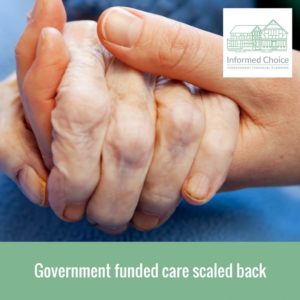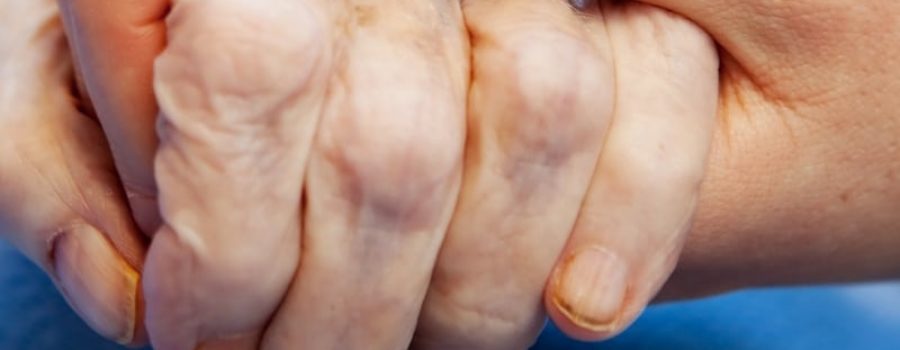 The decline of government funded care has left vulnerable older people being left to look after themselves, even though there is an aging population that needs to be addressed.
The decline of government funded care has left vulnerable older people being left to look after themselves, even though there is an aging population that needs to be addressed.
The joint King’s Fund & Nuffield Trust report found that there has been a sharp fall in local authorities providing financial assistance to those over age 65.
In fact support from councils had dropped by a quarter in the 4 years to 2014.
However, there are a rising number of older people with either no care or having to pay for their own support in later life.
Whether a person receives help with care or not is means-tested.
Only those without eligible assets get financial help with the cost of care, which could include receiving care in residential care homes and nursing homes as well as help at home.
Interviews with those providing care services and in receipt of care were carried out by the think tank. The interviewers found there is a strain on care.
In the 4 years to 2004, financial help from local councils had declined by 26% and local authority spending on care had fallen by a quarter in the 5 years to 2015.
Contributions from individuals and money from the NHS softened these funding cuts, but even so there were still cuts of 9%.
The research found that more than 40% of people were self-funding their stays in residential care homes.
There has also been a 10% rise in the lack of formal or informal help for those who need it, which accounts to one million people.
The think tank also said that these cuts have created the future of the market to be at risk.
Care providers are looking at a likely collapse in the future and providers had walked away from councils.
Bruce Moore, chief executive of Housing and Care said:
“The local authority market is really under pressure at the moment.”
“Bleak” was the word that described the funding outlook over the future years by the review as it stated that the strain on care was going to continue.
The government has said that the care system would be reviewed and investigated.
There is encouragement for the wider care sector to work better together, with £5bn set aside for joint work.
By 2019, a further £1.5bn is due to be added to this pot of money.
Local authorities have been given new fundraising powers, with the ability to levy an addition 2% council tax if this money is used for adult social care.
An official from the Department of Health added:
“We understand the social care system is under pressure, and this government is committed to ensuring those in old age throughout the country can get affordable and dignified care.”
The Association of Directors of Adult Social Services, Ray James, said councils simply did not have enough money.
“We’re now at a tipping point where social care is in jeopardy,” he said.
“Unless the government addresses the chronic underfunding of the sector, there will be worrying consequences.”
Caroline Abrahams, of Age UK, added:
“Social care is in serious trouble, and this is putting the health and dignity of today’s older people at risk.
“Today’s reports highlight the need for serious reform to a system that is being starved of the cash and the attention that it deserves.”
With government funded care scaled back and a population continuing to age, we expect to see a greater need for self-funding care in old age in the future.
This can be a complex area, with various options to consider and a sometimes difficult interaction with state benefits.
Do get in touch if you have any questions about care fees planning.

